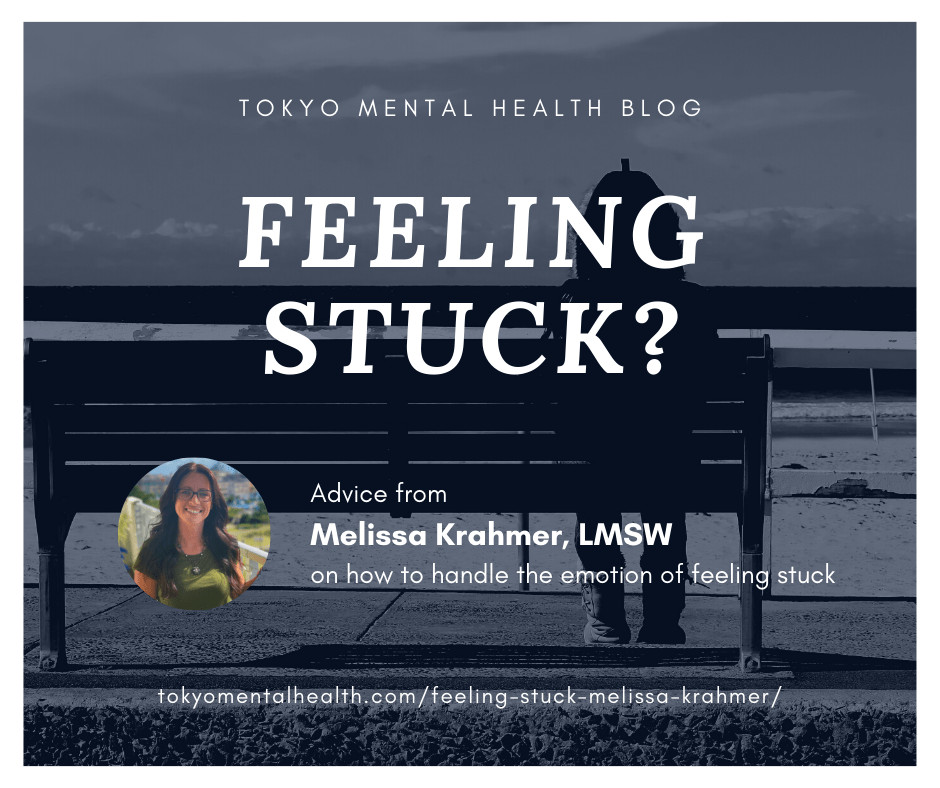- 2021/06/27
- Self Help & Tips

Sometimes in life we all feel stuck. In those times it is often difficult to see past the frustrations of today and get a firm grasp on short-term or long- term goals we should be reaching for. When this happens, there is a way to cultivate motivation and realize the necessity of a change.
Dissatisfaction can serve as a useful means of reaching deep within ourselves and tapping into the resiliency and potential we all have within us. We can build the life we want even though we are surrounded by disheartening circumstances.
The greater the dissatisfaction the more motivated we can be, if we choose, to initiate change. In the recovery world, we have a saying. “There is no growth in the comfort zone and no comfort in the growth zone.”
There is no growth in the comfort zone and
no comfort in the growth zone.
Sometimes we can look at other people and wonder why they put up with unpleasant circumstances or environments. Self-examination would show us that we all have times in our life that we would rather put up with what is going on where we are rather than go out on a limb to try to change our situation.
Only when we feel that the change will relieve some of the dissatisfaction will we make that effort or challenge ourselves to re-evaluate what is going on in our lives and commit to setting a new goal or moving forward into the growth zone.
This process requires a few steps, whether it be for personal growth or to support someone we care about to grow. The first question we must ask is, “Why do I dislike the situation I am currently in?” This is followed by the question, “What does this keep me from doing?”
It is the benefits of making a change that will ultimately motivate us to change. When examining the situation we are dissatisfied with we can ask ourselves what life would look like if we don’t make the change and what the benefits would be of making the change. Ultimately, we need to answer the question, “What would I be able to do that I can’t do in my current situation?”
Once these questions have been answered and we see that change is necessary, we have to begin gathering the strength, support, and contemplating a strategy to enact the change. We have to know what we need to make the change. This includes identifying people who will support us in this courageous endeavor as well as considering the things or people that are standing in the way of this opportunity for personal growth.

Melissa Krahmer, LMSW
Melissa Krahmer holds a Master’s in Social Work from the Catholic University of America in Washington, D.C., and currently holds a LMSW for the state of Texas. She has worked with adults and adolescents diagnosed with a severe and persistent mental illness (schizophrenia, bipolar disorder, and depression) and crisis, as well as clients with intellectual disabilities (IDD) and related conditions (autism, etc.). Melissa has formal education in military informed training.

Melissa Krahmer, LMSW
Melissa Krahmer holds a Master’s in Social Work from the Catholic University of America in Washington, D.C., and currently holds a LMSW for the state of Texas. She has worked with adults and adolescents diagnosed with a severe and persistent mental illness (schizophrenia, bipolar disorder, and depression) and crisis, as well as clients with intellectual disabilities (IDD) and related conditions (autism, etc.). Melissa has formal education in military informed training.